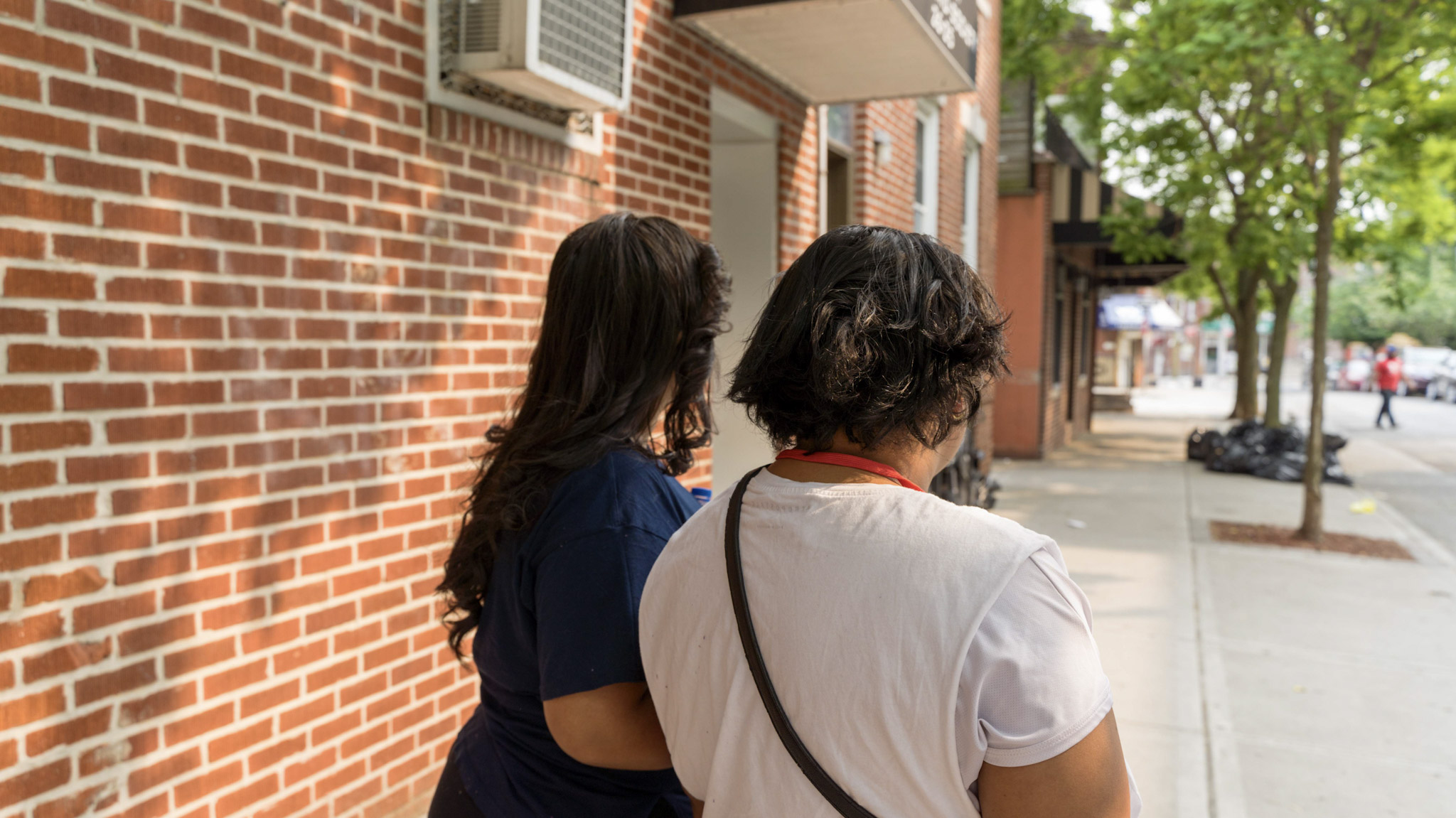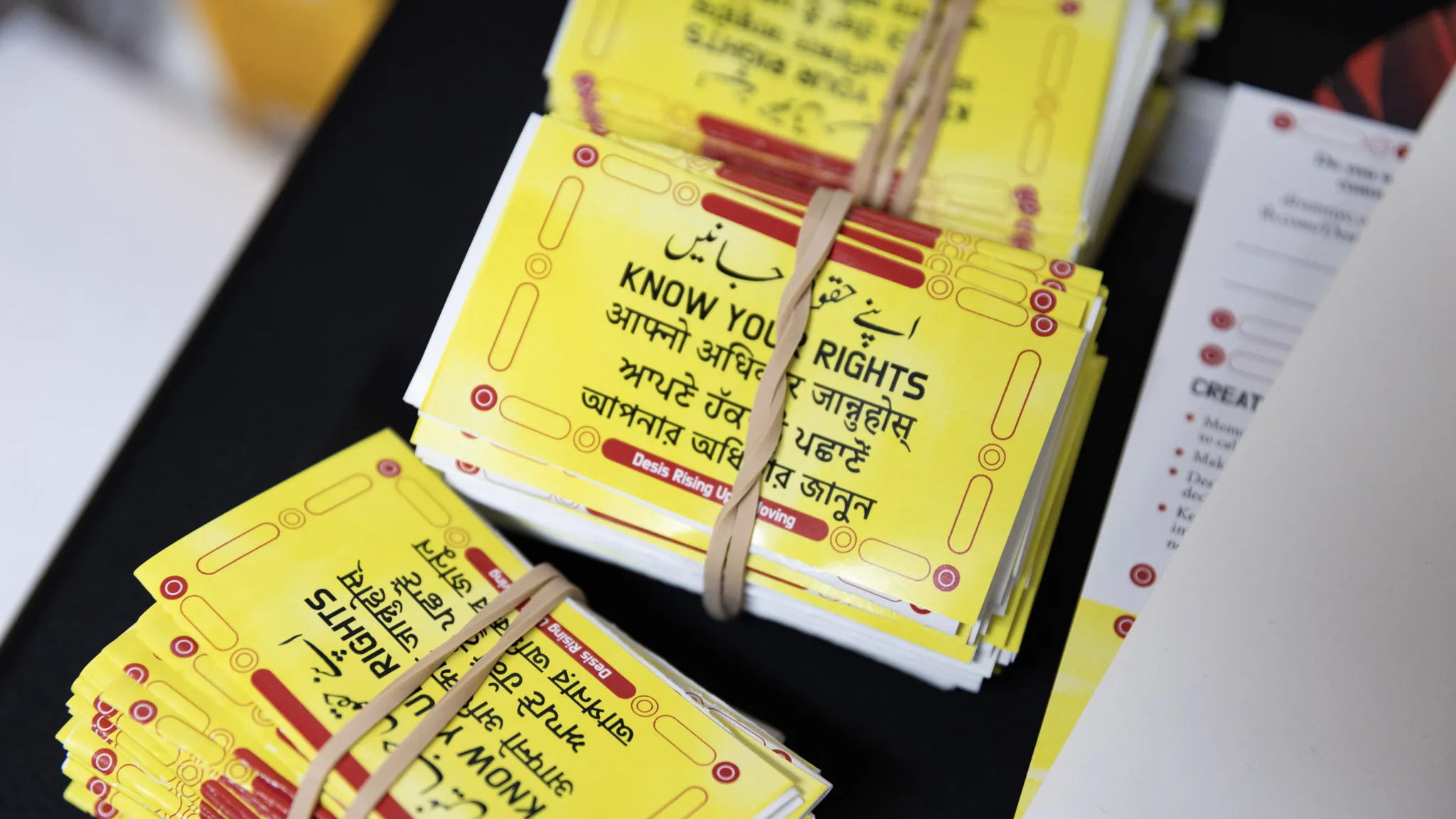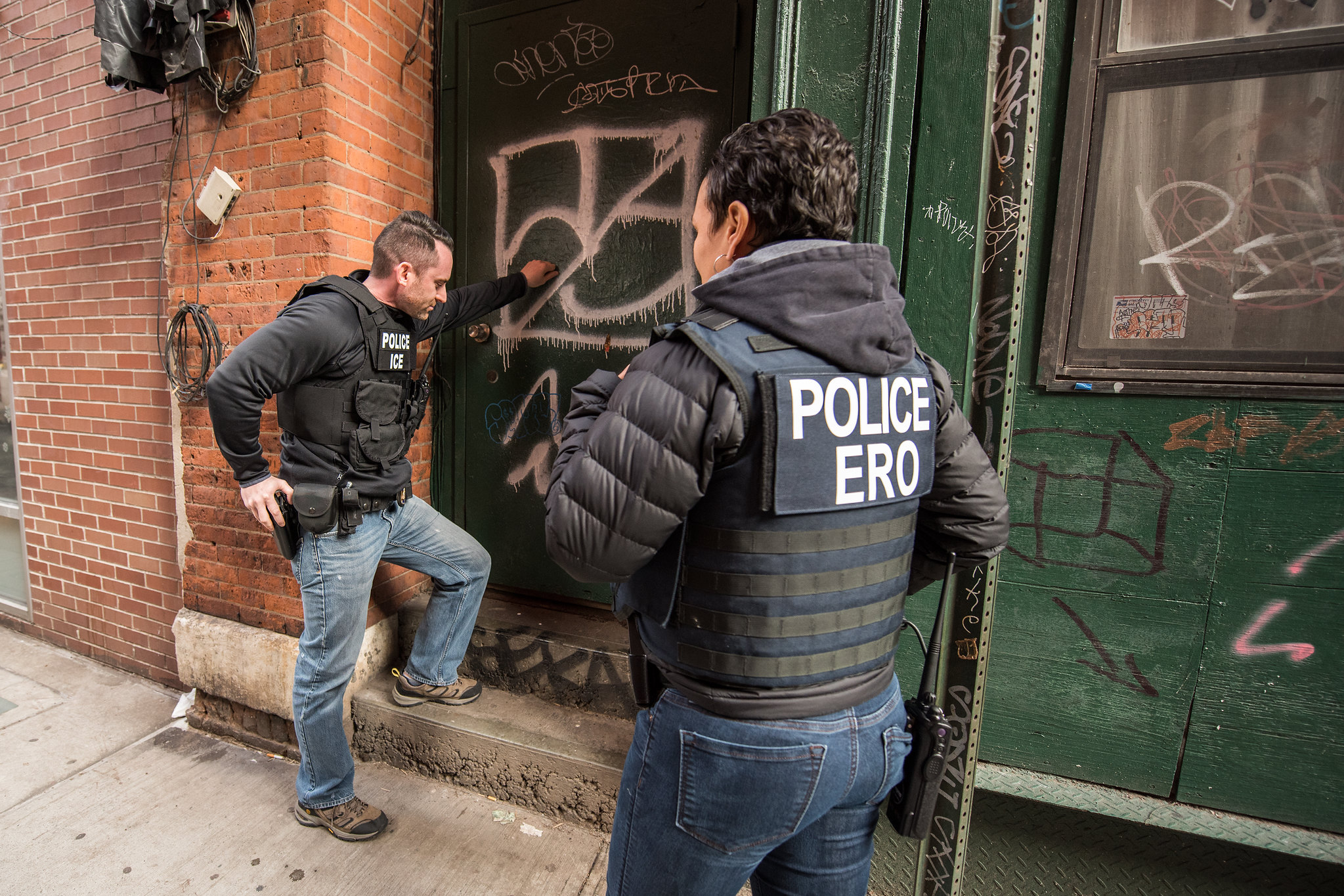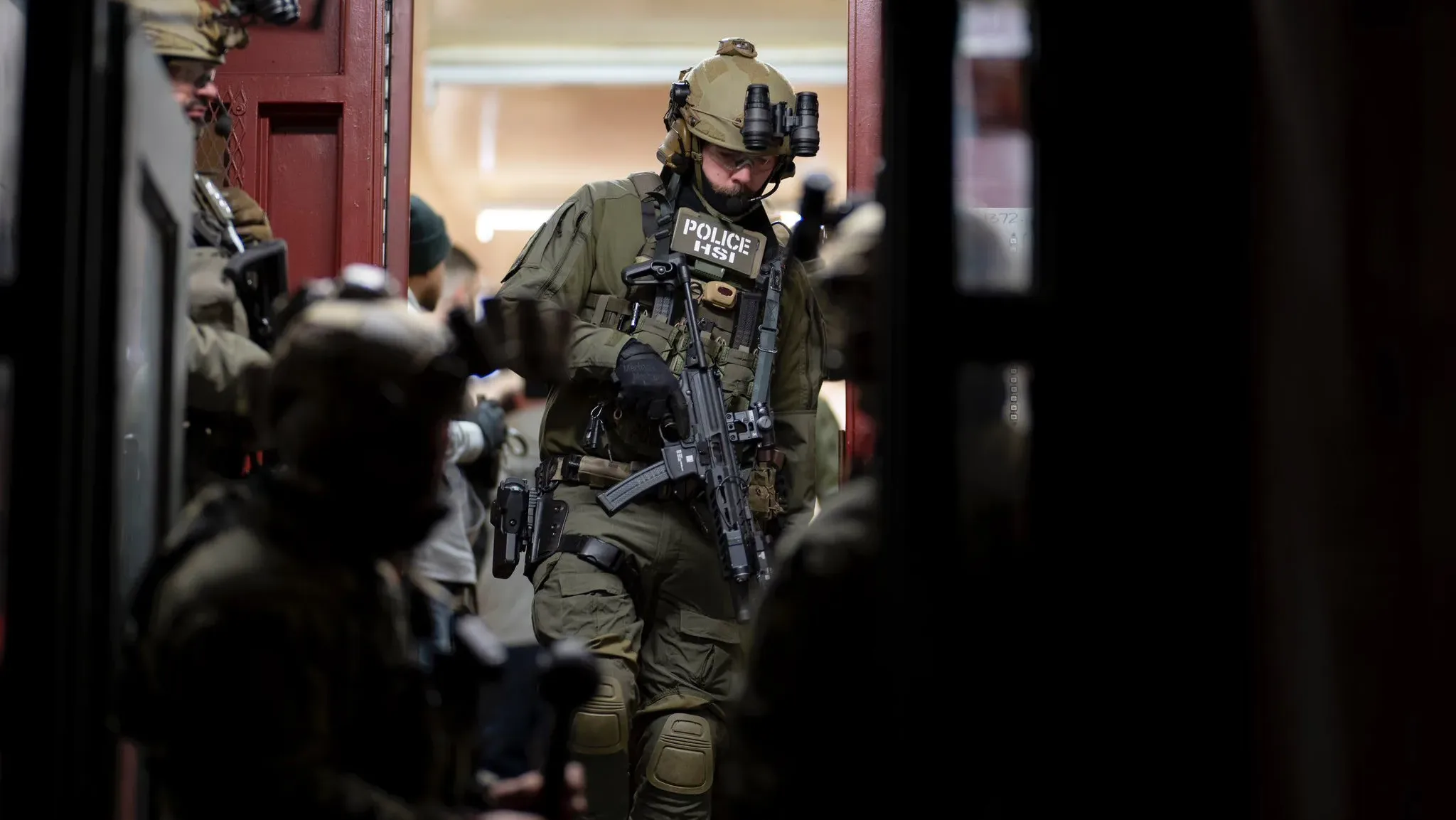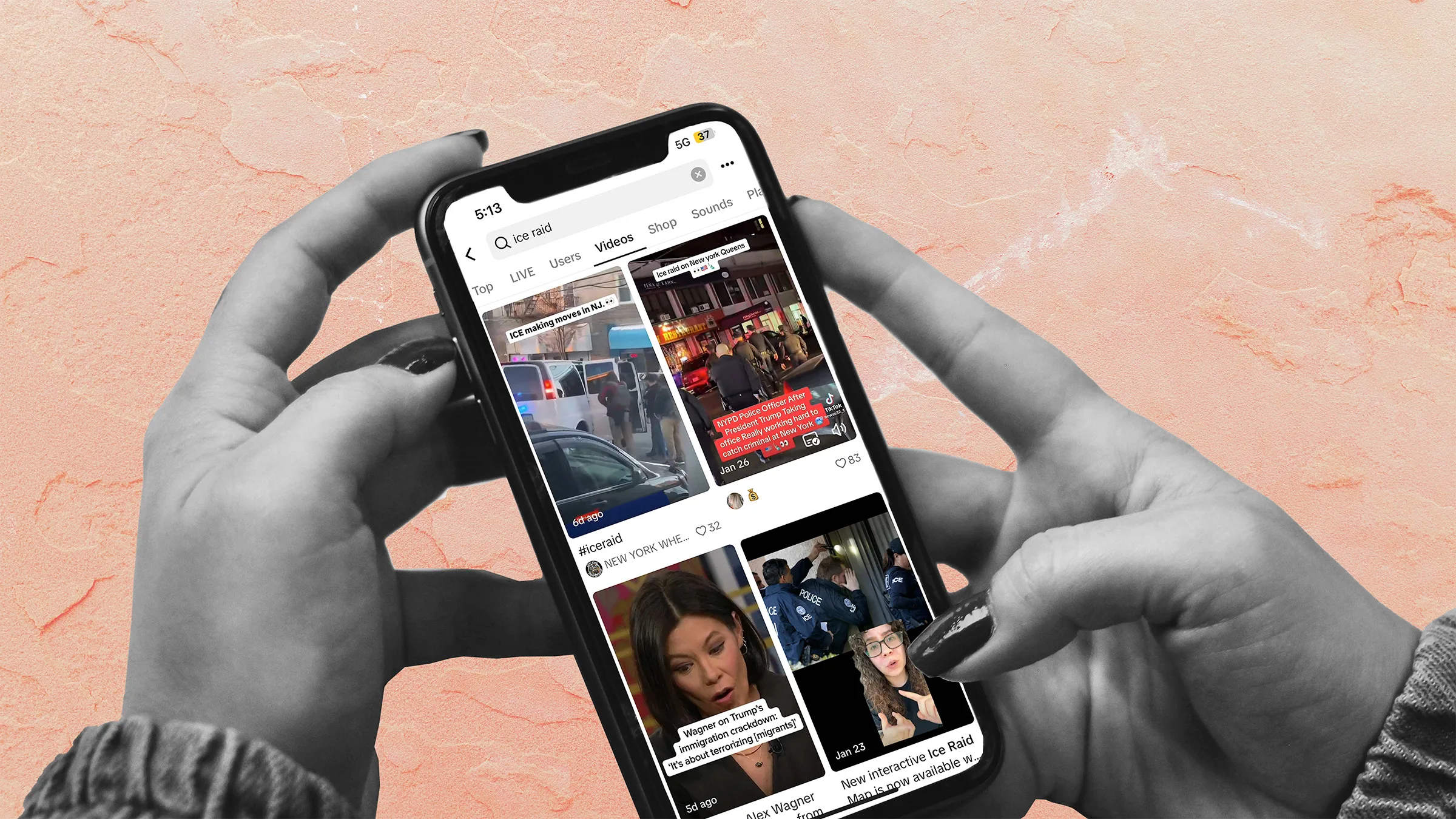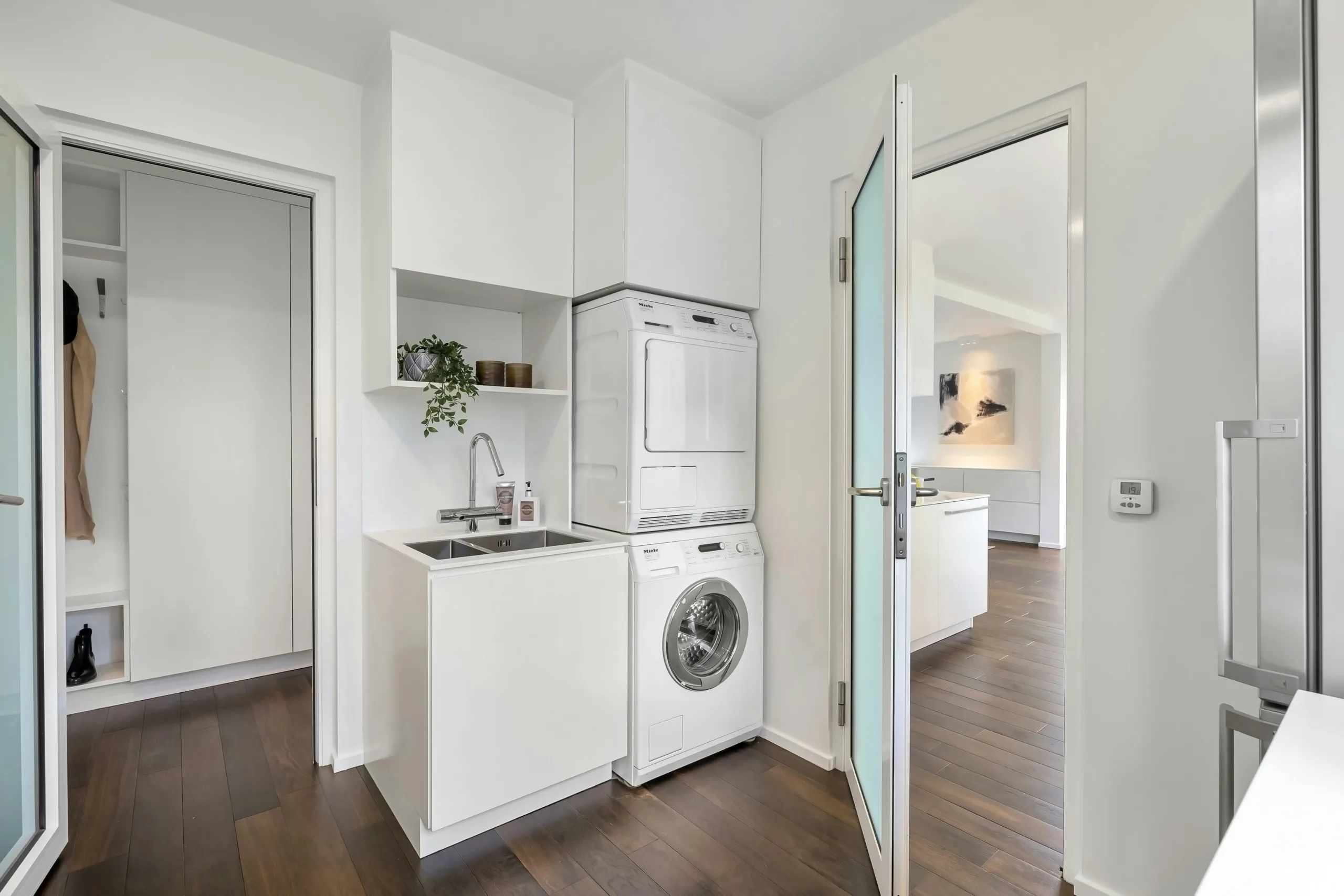On May 24th around noon, César P., an asylum seeker from Guatemala residing at the Flushing YMCA in Queens, was making his way to the restroom when he heard someone following him. That person, the 34-year-old claims, struck him multiple times. He believed the motive behind the attack was because he is gay. He notified the staff at the shelter and the police were called, but there was no incident recorded according to the NYPD.
On another occasion, a resident in the shelter made an unwanted sexual advance when he was in his room at the hotel, he said. “I’m traumatized, life has been very cruel,” César said, explaining the staff at the shelter did nothing when he reported both incidents. Per New York State law, the Department of Homeless Services, the agency that oversees the shelter César was staying at, cannot disclose specifics about client’s cases.
Since last year, Documented has heard from several LGBTQ+ migrants living in city-run shelters who said the facilities lack resources for their community, including assistance for those who face discrimination. They also said the situation has compounded the trauma of their journey to the U.S. and impacted their mental health. Many have sought assistance from outside organizations, while also looking for alternative forms of housing.
When César approached them about the attack against him in May, he said the shelter director told him that “he should be thankful” for what the City has provided to him.
“All of this is causing psychological damage. I want to go to a healthy place where I don’t suffer,” he said.
Yonathan Matthie, founder of America Diversa, a nonprofit that assists LGBTQ+ migrants in New York City, said an increasing number of asylum seekers have reached out to the organization with complaints about harassment based on their sexual orientation at city-run shelters. Matthie said they now represent about 18 clients a month, up from five.
Also read: Family Seeks Answers After Migrant Dies in HIV/AIDS Supportive Shelter
“The problem is that no one has submitted complaints, and instead they end up leaving the shelters and finding particular forms of housing, or doing jobs to obtain places to sleep,” Matthie said.
Since last July, Matthie said the organization is also seeing an increase in complaints from LGBTQ+ migrants because they speak Spanish and often need translators, a problem expressed by some of the migrants who spoke with Documented last month.
“People arrive under emotional distress due to their migration,” Matthie said. “They’re highly vulnerable, and the City has not addressed this yet.” He added that sometimes individuals are prone to extortion by people who offer housing in exchange for sex work.
Documented has also received messages from at least 15 LGBTQ+ migrants via WhatsApp and email asking for assistance in finding alternative accommodations to shelters, often citing that they have been discriminated against for their gender. One migrant, who identified as lesbian, said she felt pressured to leave the women’s shelter at Franklin Avenue in Brooklyn after the other residents complained about the way she looked and dressed.
Kristian, 24, who identifies as gay and describes himself as having a feminine demeanor, said the residents at the men’s shelter in Harlem, where he has been staying since early June, often made him uncomfortable. He said he overheard vulgar comments and insults directed at him. One time, when he was using the bathroom, he said a resident made an inappropriate innuendo to have sex. “Just because I am gay does not mean I am there to do these kinds of things with everyone,” he told Documented.
He added that other LGBTQ+ identifying migrants have faced similar discrimination at the former Lincoln Correctional Facility near Central Park North. He said that they were often unable to reach the social worker at the location to ask for help.
Kristian said that he has often been looking for assistance online, or through non-profit organizations that help the LGBTQ+ community.
“Sometimes you want to leave, but then I ask myself, where do I go?,” he said.
The Department of Homeless Services (DHS) oversees the city’s shelters. New York State Social Services Law prevents DHS from disclosing specific information about César’s case.
“Clients who wish to report concerns about their shelter can call 311 or they can call, email or visit the Office of the Ombudsman. The health and well-being of our clients is our number one priority, and they should feel free to report concerns without fear of negative repercussions,” a DHS spokesman said.
In early July, César left New York. “I want to forget all of it, and start to live life again,” he said.
